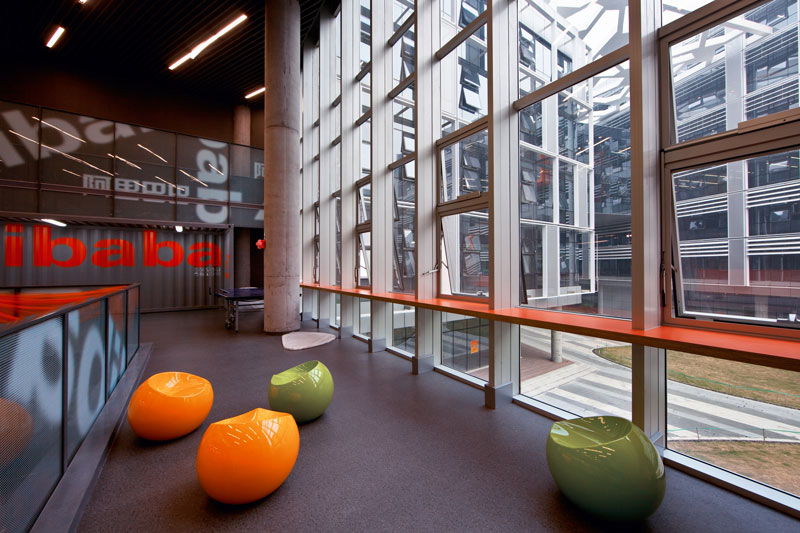Technology
Is Alibaba Headed Back to the IPO Price or Lower as Lock-Up Expirations Near?
Published:
Last Updated:
In what was the biggest and most highly anticipated initial public offering since Facebook went public, Alibaba Group Holding Ltd. (NYSE: BABA) was Wall Street’s shining piece of business last September. After claiming the record for the largest U.S. listed initial public offering (IPO), the underwriters, which were a who’s who of the top banks on Wall Street, exercised an option to buy additional shares, which boosted the total of the deal to a gigantic $25 billion, making it the biggest IPO in world history.
Priced at $68 on September 19 and massively oversubscribed, shares rocketed out of the gate the first day of trading, finally closing at $93.89, after trading as high as $99.70. Exuberant shareholders such as Yahoo! Inc. (NASDAQ: YHOO), which sold a gigantic block of shares and has a new tracking stock coming down the pipe, cheered the stock’s 38% first day gain. From there things went downhill, and by October 15, the stock closed at $85.60. With the market in a steep sell-off, things looked dicey.
The stock recovered, and bounced back big-time. After releasing a first earnings report on November 4 that boasted 54% sales growth, the stock that had already rallied off the lows took off, eventually hitting an intraday high of $120 on November 13. All looked golden for the company and shareholders, but since then the stock has been in a death spiral, consistently printing lower highs and lower lows.
ALSO READ: The Most Dominant Stocks in 2015 Taking Nasdaq to 5,000 and Beyond
A second earnings report in early February was far less exuberant, and we wondered at that time if Jack Ma and his executive team had perhaps misled Wall Street on the company’s growth rates. After gapping down big late in January, the stock took an additional downturn after the earnings release, which was far less than Wall Street anticipated.
In data taken from the IPO prospectus, there is every reason for current shareholders to expect a ton of additional selling, and some of that selling is right around the corner. Some 8.1 million shares came out of the shareholder lock-up on December 19, but that is a drop in the bucket compared to what is coming up.
On March 19, an additional 429 million ordinary shares will be available for sale in the public market, which is more than the 320 million shares the company sold in the IPO and about 17% of the shares outstanding. That is easily trumped by a massive 1.58 billion shares that will available for sale in the public market on September 21, which represents 64% of the shares outstanding.
The only good news that investors can take from lock-ups of this size is that it is very rare for the bulk of those shares to be sold immediately or in a short time. That being said, the real free float of shares can grow — and grow handily — in the days, weeks, months and years thereafter.
Another discouraging piece of data for shareholders is many of the institutional firms, which included both mutual funds and hedge funds that loaded up on the stock on the deal, are unloading it. Among the institutional investors that have dissolved their stakes were Leon Cooperman’s Omega Advisors, David Tepper’s Appaloosa Management and Barry Rosenstein’s Jana Partners, according to U.S. regulatory filings. Three of Wall Street biggest players.
ALSO READ: 5 Well-Known Technology Buyout Candidates
How low can Alibaba go? Clearly there is a theoretical floor in the current mid-$80s, as that was the low that held when buyers came in during October. Again, that is a theoretical floor. Facebook Inc. (NASDAQ: FB) defied its own floor after the IPO before recovering handily and then ultimately surging. If Alibaba’s stock breaks through this level on volume, those protecting the gains from the IPO deal pricing may start to sell, and sell big, especially with the huge flood of shares coming via lockup expirations.
The bottom line is, at the right price, Alibaba probably is a tremendous long-term stock to have in an aggressive growth portfolio. The question is, and it is certainly one that will be answered at some point, what is that price?
Thank you for reading! Have some feedback for us?
Contact the 24/7 Wall St. editorial team.